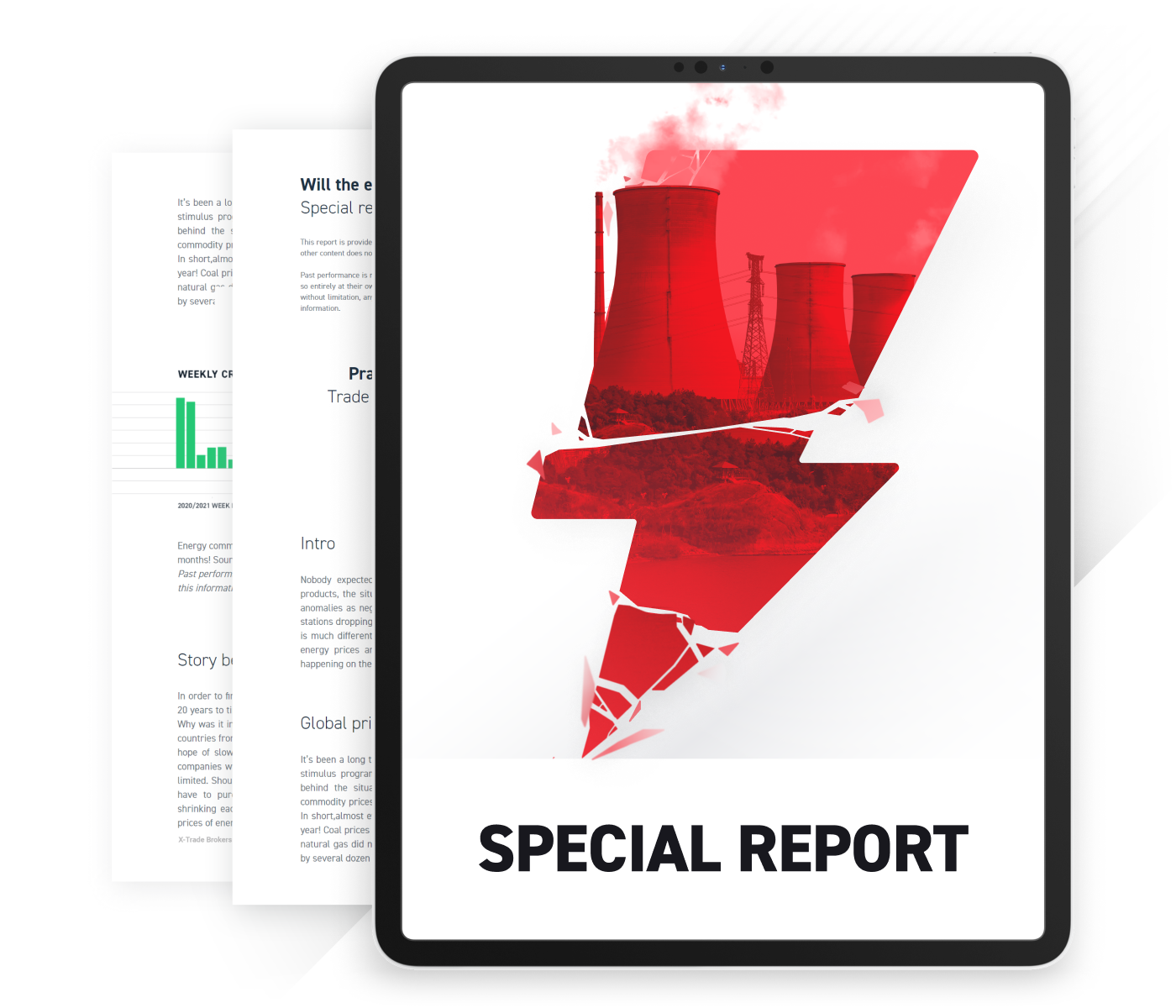- What makes price increases a global problem?
- Why are energy prices rising and how high can they go?
- Can we run out of energy?
- How can traders take advantage of the current situation?
Introduction
Nobody expected that after last year’s steep drop in prices of numerous daily-use products, the situation would take a U-turn so quickly. Moreover, we experienced such anomalies as negative oil prices on the market, which led to gasoline prices on US gas stations dropping below $2 per gallon. However, this is a thing of the past and now reality is much different. Companies all over the world are halting production due to sky-high energy prices and gasoline prices jumped above $3.30 per gallon. What is actually happening on the global energy market? Is there a way out of the current situation?

